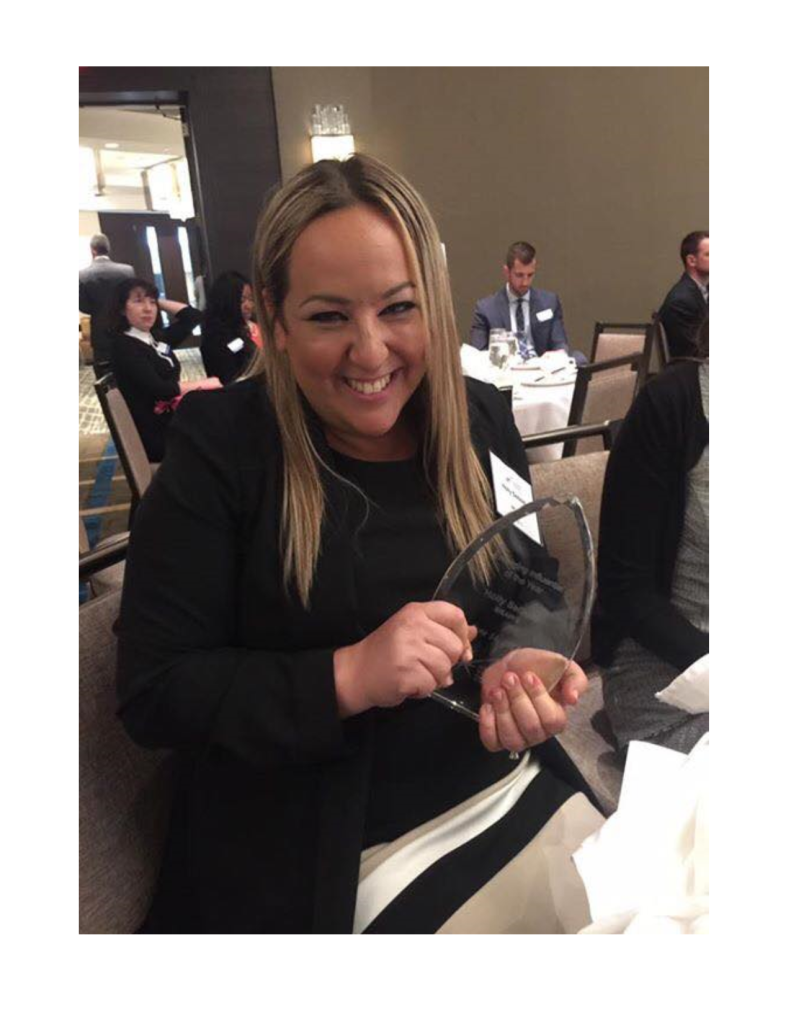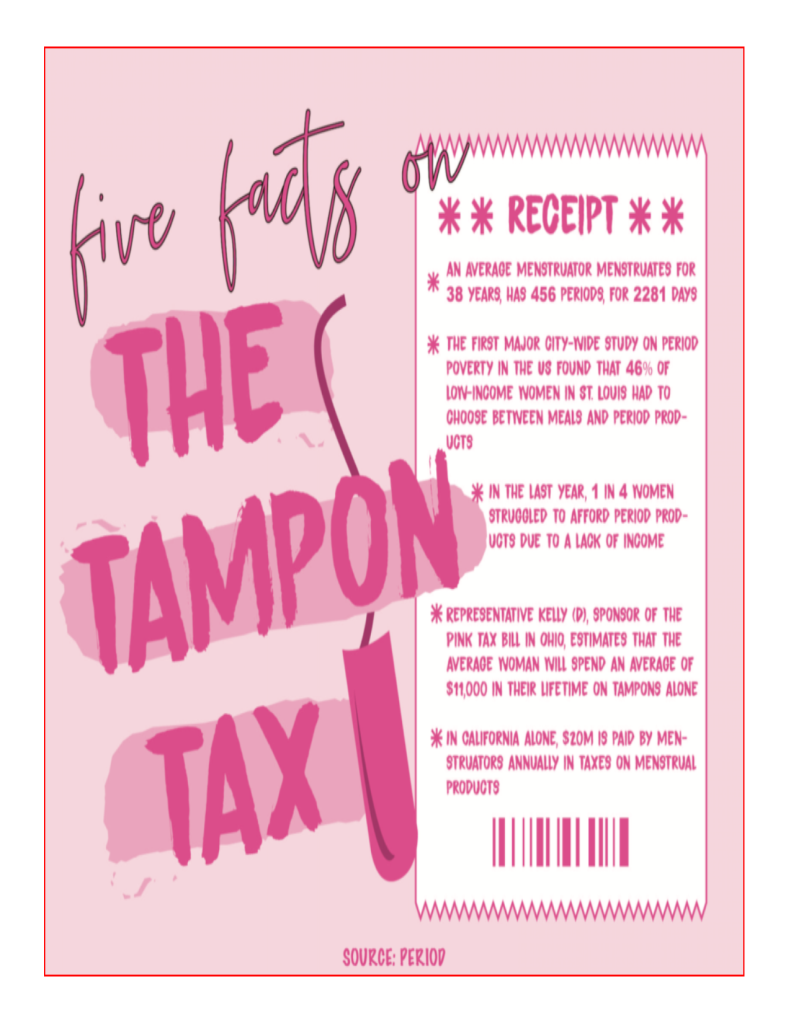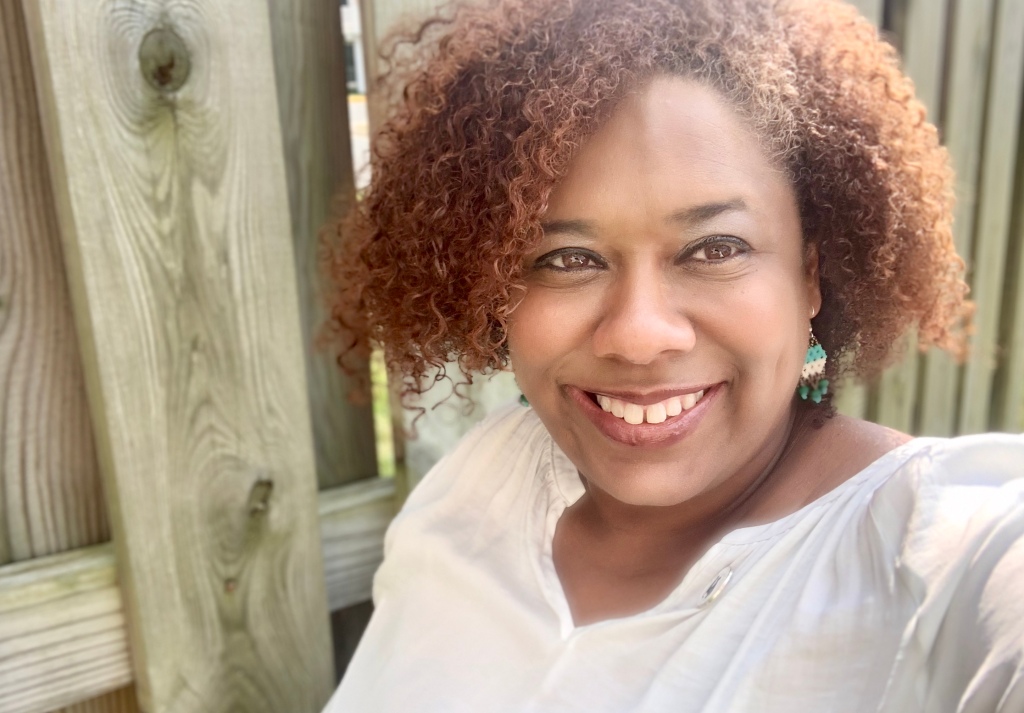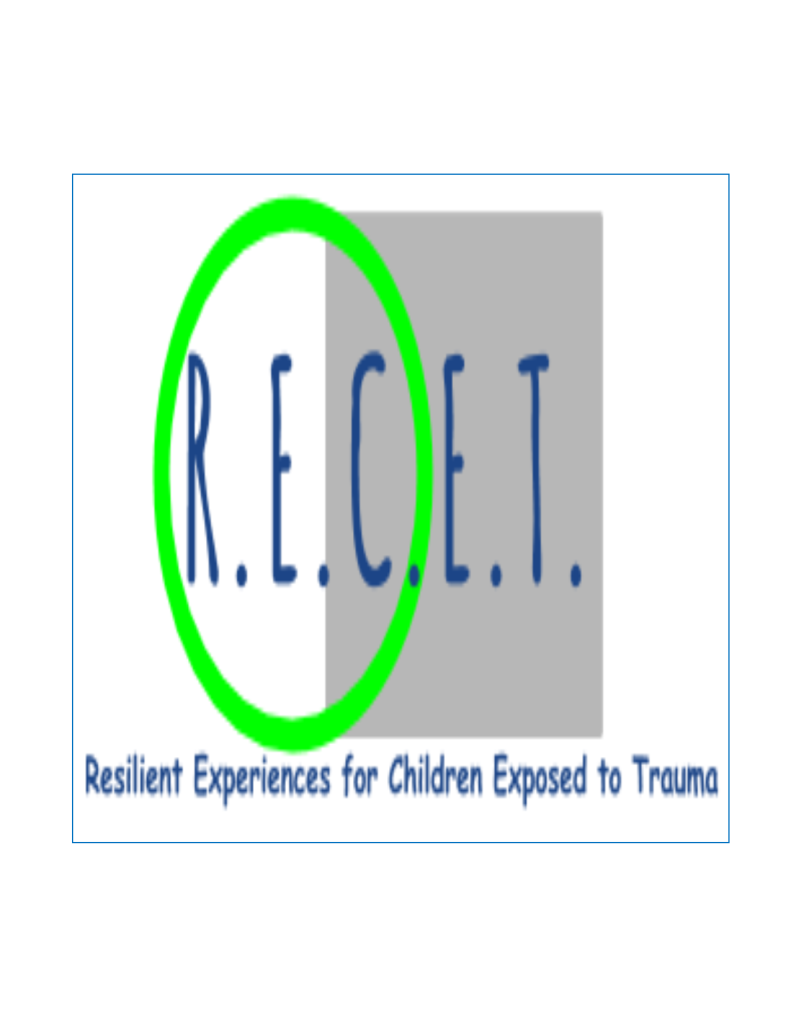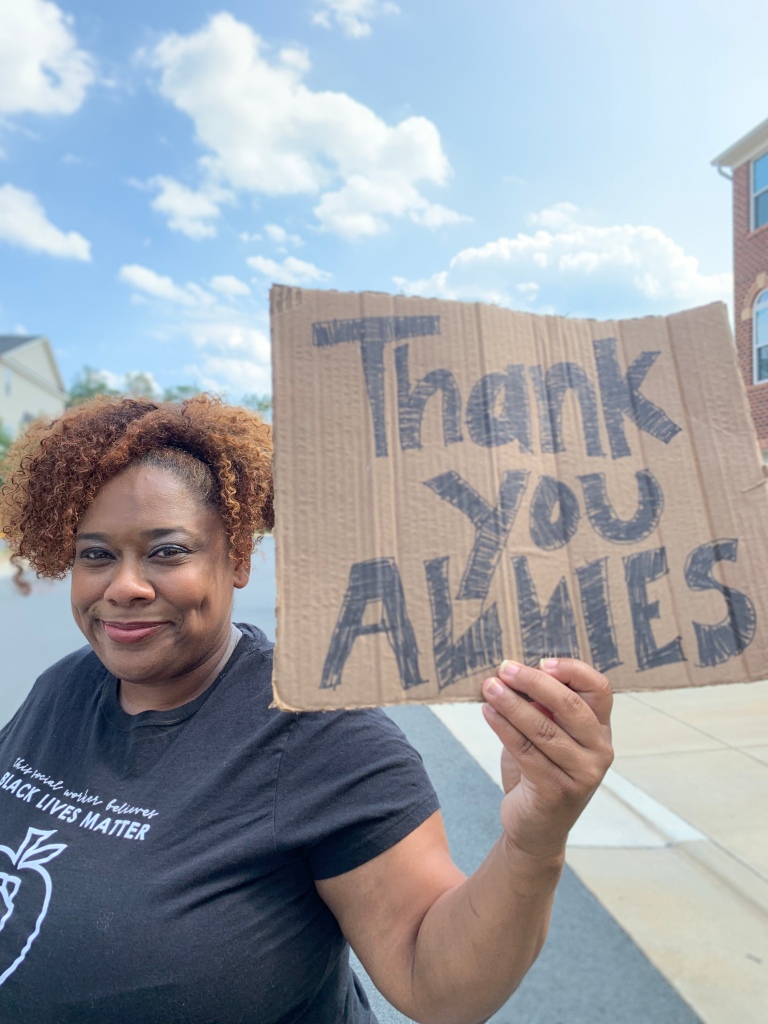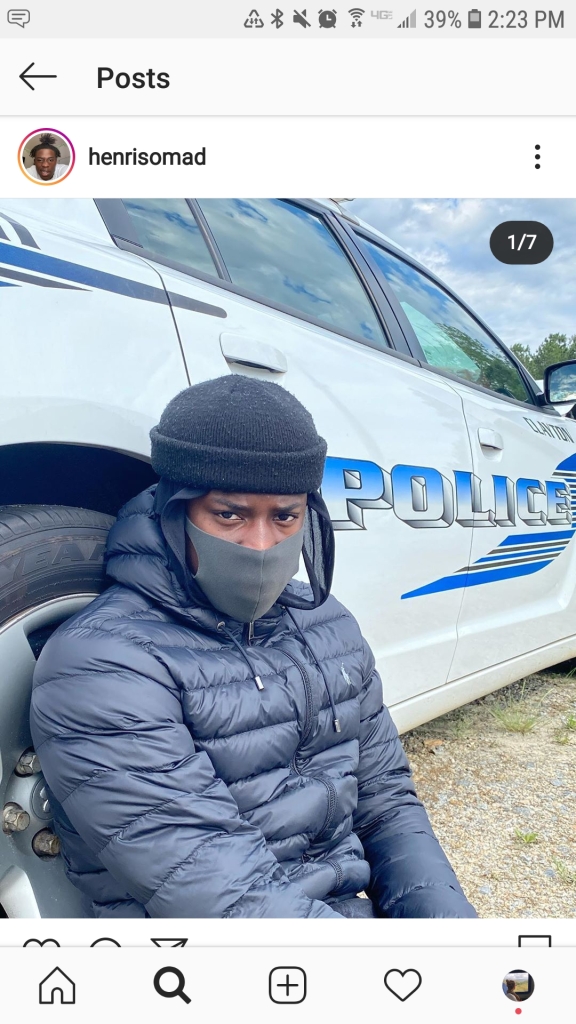Celebrating 100 years of Suffrage with new voters.
In there own words:
Abbey Priftis

I am voting this November for two supreme court seats, for my reproductive rights, for more equality, for my sister, and for every other woman out there.
I grew up in a house where I was told that I could do and be anything I wanted as long as I stayed myself and worked hard. So imagine my surprise when I got older and began to see a much different reality. One where some people believe that because I am a woman my opportunities are limited. That I shouldn’t want to sit at the table with the men. That I should know my place and stay there. This is not the environment I want to live in or have us raise our future daughters in. I am voting this November for two supreme court seats, for my reproductive rights, for more equality, for my sister, and for every other woman out there.
Jade Hu
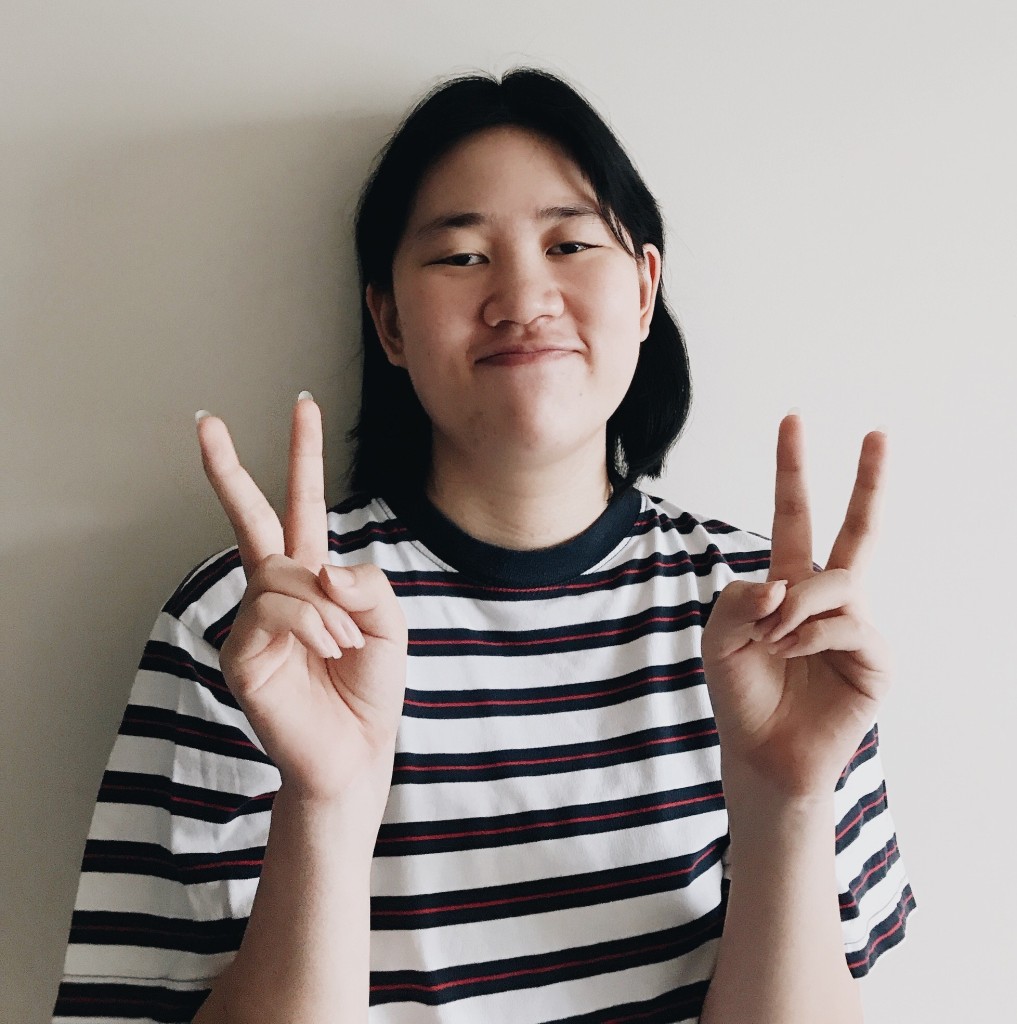
We are voting to shape our future. We are voting to make change. We are voting for equality.
Voting is important to me because it is my opinion, my choice, and my voice that impacts not only the country’s future but my future as well. With voting we have to power to shape society and future generations. It is an important right to have and I vote in order to acknowledge that I get to be in a country where the people have the power to vote and use their voice. Furthermore, if you choose not to vote you are not allowed to complain so if you like to pick fights over the dinner table or like to have respectful and peaceful political conversations with people that have absolutely absurd values as much as I do…why not register and vote? I know I am tired of seeing a President with a bad spray tan and political views that degrade women and people of color and making decisions that negatively impact my future and the future of this country. We the people get to decide who represents the United States and elect officials that will help run this country. We are voting to shape our future. We are voting to make change. We are voting for equality. That is why I choose to vote and whoever reads this should too.
Grace Crangle

Now more than ever, each vote matters. I’m voting because I think it’s super important to be engaged and involved in our government in any way possible.
This upcoming election is not only going to be my first time voting in a presidential election, but is arguably one of the most important elections I’ll ever vote in during my lifetime. Due to such trying times- amidst a pandemic, a recession, a civil rights crisis, etc- there is a lot at stake. Now more than ever, each vote matters. I’m voting because I think it’s super important to be engaged and involved in our government in any way possible. From the local level all the way up to the federal level, the officials that I’m voting for will ultimately represent me, so it’s important that I have my say. I’m voting for the candidate whose policies and ideals best align with mine, and who I believe will do their best to unite such a divided country.
Halle Boyton
The people who tell you your vote doesn’t matter are scared of the power you hold with a ballot and a pen.
Women don’t have a choice on whether or not we’re involved in politics. Policy has and continues to directly affect our daily lives, regardless of whether or not you vote. So many people are trying to control us by deciding what medicines we can take, what medical procedures we can have without permission from a husband or father, how much money we can make, and who’s stories should be believed. Voting is our opportunity to take control. And if you’re a person of color, LGBTQ+, an immigrant, low income, not Christian, or under-served in any way, you’re voting to survive. The people who tell you your vote doesn’t matter are scared of the power you hold with a ballot and a pen. This election, I’m voting to take one step closer to living in a world where I don’t have to put pepper spray on my college pack list. I may be settling on a candidate, but one step forward is better than a million steps back.
Lexi Hoepfl

I vote for women’s rights, for the Black Lives Matter movement, for the LGBTQ+ community, and for safety during this pandemic.
In 2016, America elected a President who is racist, sexist, homophobic, and transphobic. With this horrible man in office, many of his supporters have concluded that if President Trump can openly be every -ist and -phobic in the book then, they can as well. We have moved backwards in the past four years, from states putting unnecessary restrictions on a woman’s right to choose what she can and cannot do to her body. To police unlawfully killing many black citizens and systemic racism continuing to exist today. Then to a president who did not take a global pandemic seriously costing hundreds of thousands of American lives. To removing protections for the LGBTQ+ community by allowing medical professionals to deny treatment based on their beliefs. The list continues.
This is why we need change and this is why it is important for me to vote. I vote for women’s rights, for the Black Lives Matter movement, for the LGBTQ+ community, and for safety during this pandemic. This will be my first presidential election that I am able to vote in and on August 18th it will be the 100th anniversary since the 19th amendment was ratified, giving me the right to vote as a woman. I am proud to be voting for a candidate who will address the issues listed above and also to be the first to pick a woman of color for vice president!
Saba Khan
I am voting for humanity this election. For love. For compassion. For us.
Voting is important to me because unlike so many people, I have the opportunity to bring change. I am using my vote to amplify and bring light to those voices that are unheard. To me, I am not just voting for myself – I am voting for children held in concentration camps and Black lives that are lost every single day. I am voting for those who fear an education because of school shootings and for girls who can’t step forward without being shamed. I am voting for humanity this election. For love. For compassion. For us. This election will determine the America we wish to create for those ahead. I am voting for an America that I will be proud of; an America where every human being is seen as one.
Kylie Goin
I’m voting for peoples voice that aren’t always heard in our governments discussions and who are hurt by the systemically biased and hurtful systems we still have in many of our societal and political structures today.
This will be my first presidential election, I voted in the Democratic primaries but this is my first presidential election outside of that. My parents have always emphasized the importance of voting for me even at a young age, with my dad having served two tours in the Middle East for the Marines and my mom having been an army brat and trained for the military. They both understood that voting was a birth right but one we have had to fight for and they wanted me to know how important it is to vote. I really want to make my voice heard and feel like one of the best and most practical ways to do that is to vote for a candidate I care about or one I feel like will actually make a difference. That’s why I’m voting for someone I feel like will help people often hurt by our government. I’m voting for peoples voice that aren’t always heard in our governments discussions and who are hurt by the systemically biased and hurtful systems we still have in many of our societal and political structures today. I’m voting for myself but for others who need a president who cares about their well being and happiness.
Trish Grace
I am ready to vote for equal rights, the women around me, and environmental change.
The first time I voted I was so excited. After hearing Ms. Berg talk about the importance of participating in all elections I made it my goal to do so. I was so nervous that I ended up filling my ballot out wrong and had to ask for another one. This year’s presidential election is possibly one of the most important ones I will vote in during my lifetime. I am ready to vote for equal rights, the women around me, and environmental change.
Editor’s Note: These are all former students and some of my favorite people on the planet. They give me hope. I vote for them.

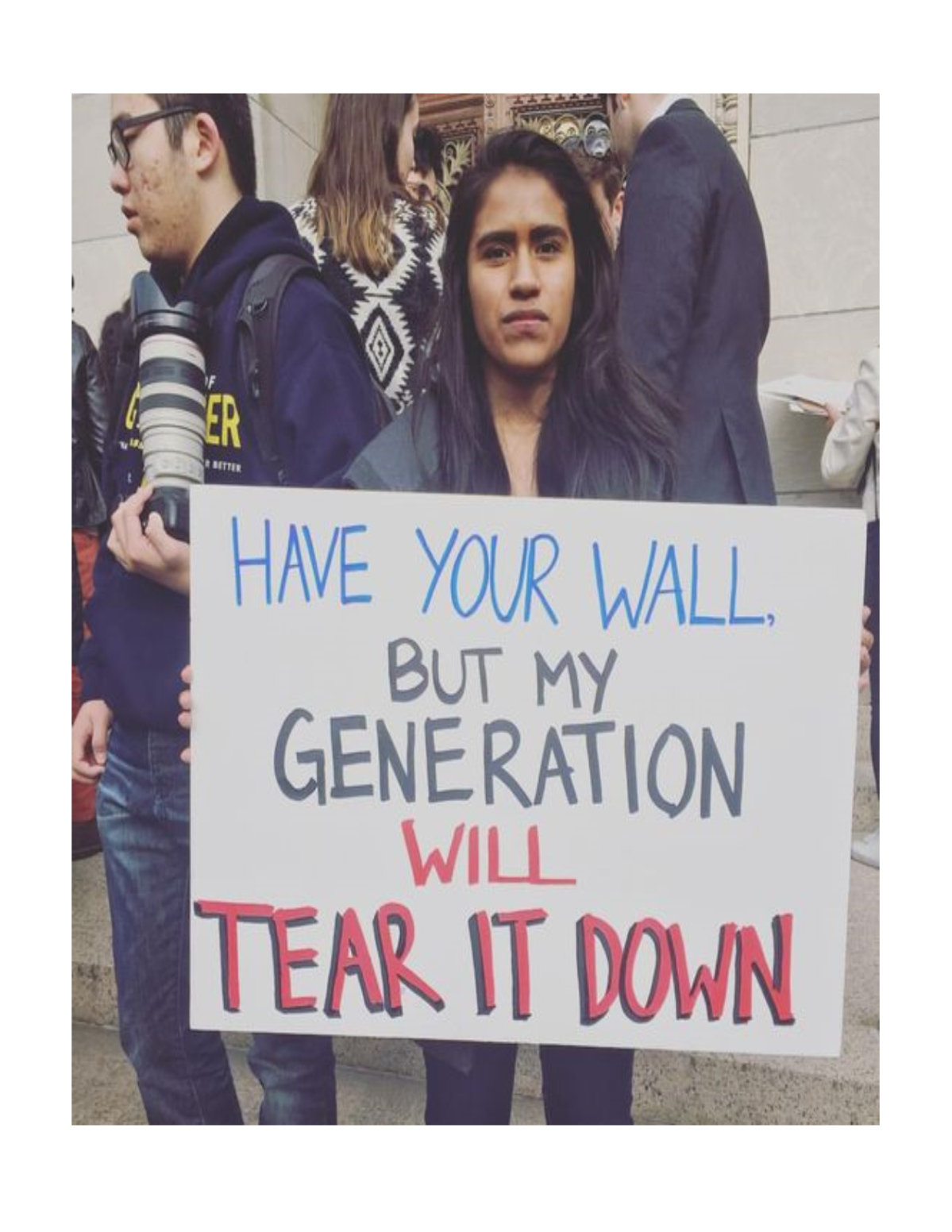


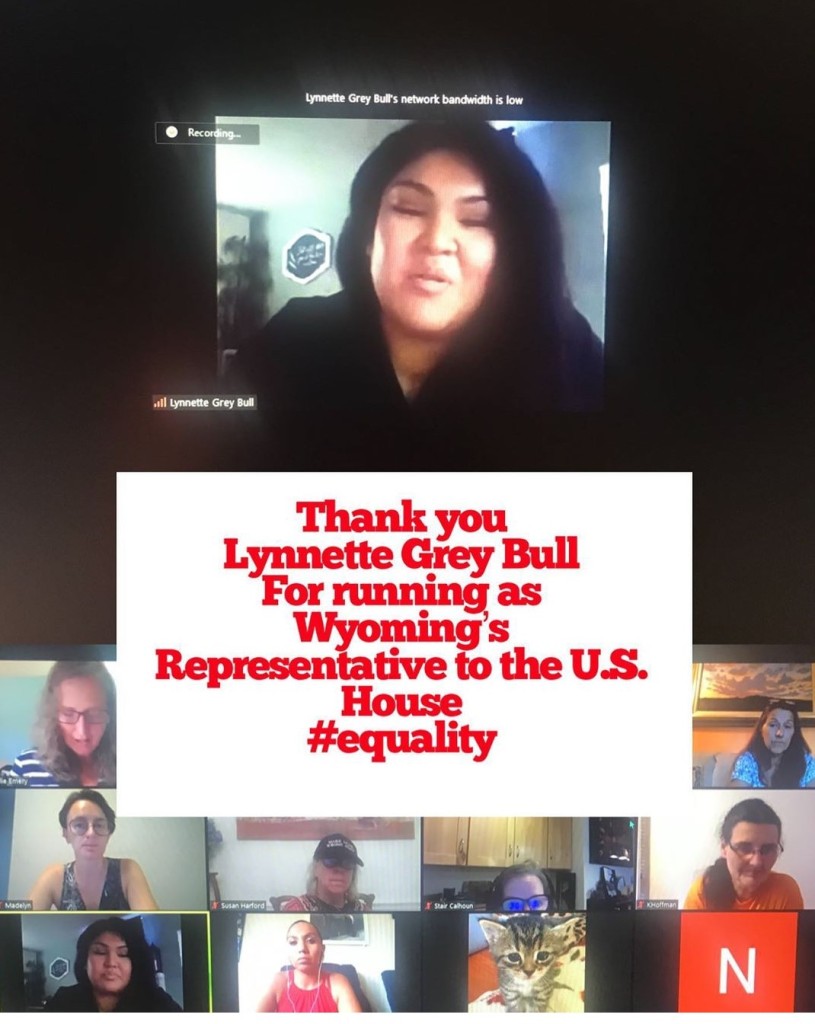



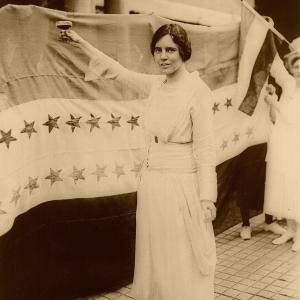



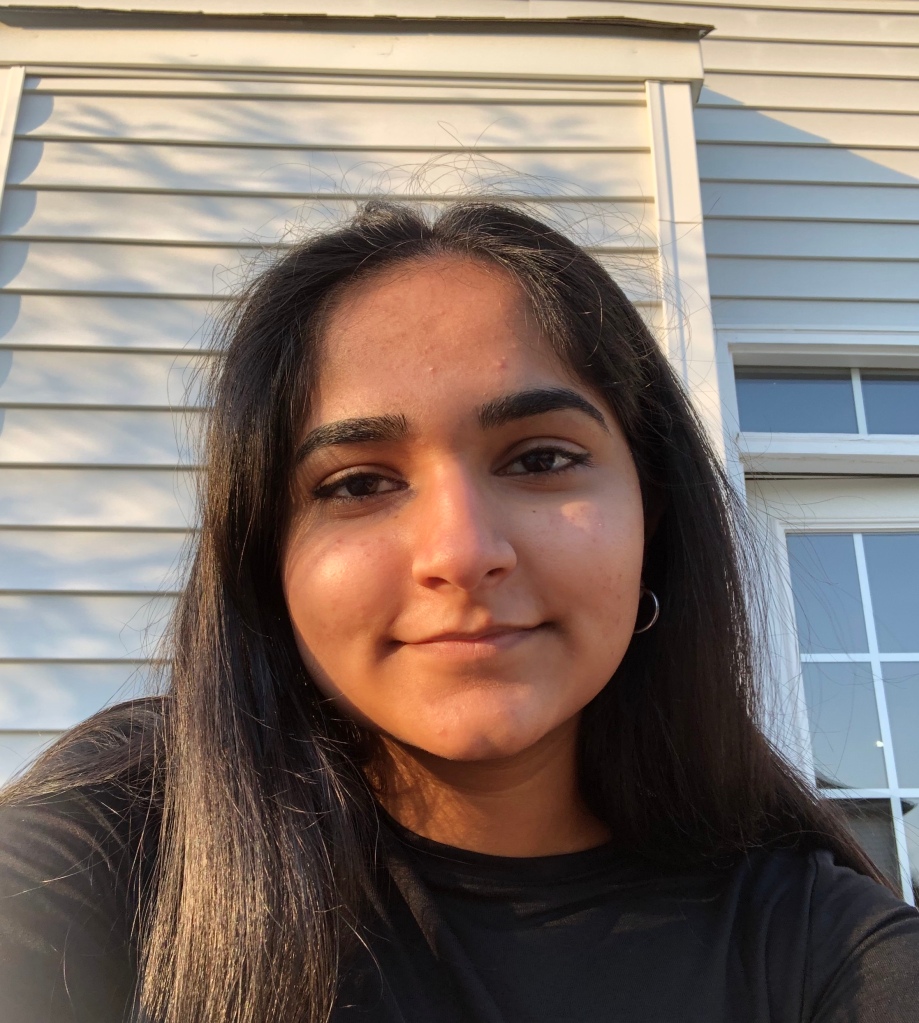

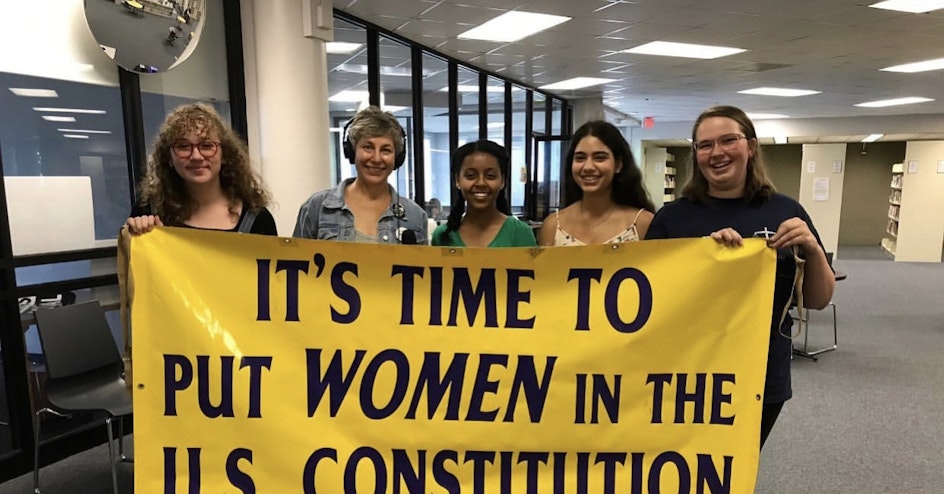
:format(webp)/cdn.vox-cdn.com/uploads/chorus_image/image/63004372/GettyImages_1094191580.0.jpg)


